Analysis of the World Practice on the Issue of Accountability for Past Crimes and Possibilities of Legal Application in the Context of Kazakhstan.
It is tragic events that occurred in Kazakhstan in connection with the mass protests in the city of Zhanaozen, Mangystau region in December 2011, as well as in January 2022 – “Qantar” – 2022, which resulted in the death or injury of civilians, updated the subject of this study. It is obvious that the removal of the people from power, the worsening of the socio-economic situation in the country eventually leads to social tension, mass discontent. Political power in the post-Soviet countries has become a source of economic enrichment through the mechanism of corruption. Power has become a business, an “administrative entrepreneurship”, with the commercial use of state property allowing the appropriation of profits through shady schemes.
In the theory and practice of international and national law, the issue of legal accountability is of utmost importance. Legal accountability is a prerequisite element in the practice of implementation of the norms of international and national law in life.
The shooting of citizens participating in peaceful rallies, contemporary events in the geopolitical space, war and humanitarian disaster in Ukraine have made the subject of this study topical, as both experts and ordinary citizens are wondering about the accountability of the state and high-ranking officials for crimes committed against citizens, peace and humanity.
The Rome Statute states in article 5, paragraph 1 that “the jurisdiction of the Court shall be limited to the most serious crimes of concern to the international community as a whole. The Court has jurisdiction in accordance with this Statute with respect to the following crimes: (a) The crime of genocide; (b) Crimes against humanity; (c) War crimes; (d) The crime of aggression”.
The International Criminal Court in The Hague has issued warrants of arrest for Russian President Vladimir Putin and Russia’s Commissioner for Children’s Rights, Maria Lvova-Belova. Both are suspected of committing war crimes of unlawful deportation of population (children) and that of unlawful transfer of population (children) from occupied areas of Ukraine
International law may consider this to be genocide. The court’s website states that there are reasonable grounds to believe that Mr. Putin bears individual criminal responsibility for the alleged crimes. Forcibly transferring children from one human group to another is genocide and the existence of an order in no way absolves the perpetrators of such a crime from accountability.
With regard to the events of December 1986, Zhanaozen 2011, Qantar 2022, the provision of Article 29 of the Rome Statute on the non-applicability of the statute of limitations is of great importance: “The crimes within the jurisdiction of the Court shall not be subject to any statute of limitations”.
It should be noted that in addition to the norms of international law, the constitutional, legal and criminal liability of top officials is regulated by the legislation of foreign countries (USA, France, Italy, Brazil, Kyrgyzstan, etc.). The prosecution of the former President of the Kyrgyz Republic A. Atambaev demonstrates the reality of bringing a president to justice for crimes he committed as head of state in the post-Soviet space.
Constitutional laws that gave Nazarbayev N.A. a privileged position were abolished after the tragic events of January 2022 in Kazakhstan. Although Nazarbayev N.A. officially resigned from office in 2019, his de facto influence in the making of political, personnel, and economic decisions continued until the tragic events of January 2022. The resignation of Nazarbayev N.A. from the presidency did not mean his withdrawal from the state leadership. The regime of “manual control” was maintained for a long time due to the amendments to the Constitution of 2017, which were prepared and adopted for Nazarbayev N.A.
The analysis of the extensive powers of the President of the Republic of Kazakhstan when Nazarbayev N.A. was in power (personnel authority, finality of the President’s decisions in making decisions important for the state, legislative authority and even influence on the judiciary) allows us to say that the head of state in the system of constitutional responsibility should have had more responsibility than it is enshrined in the text of the constitutions of Kazakhstan. It is the former president Nazarbayev N.A. who should bear more constitutional responsibility than other members of the constitutional relations. This is because the established vertical power structure was concentrated on one person — the head of state.
In order to prevent future presidents of the Republic of Kazakhstan from committing grave and especially grave criminal offenses, we suggest amending paragraph 2 of Article 47 of the Constitution of the Republic of Kazakhstan, which concerns the responsibility of the President not only for treason, but also for other grave and especially grave criminal offenses.
It has been pointed out repeatedly in expert studies that the centralized model of state decision-making that has taken shape under Nazarbayev N.A. endangers the foundations of the constitutional order.
With regard to the subject of the present study, it is necessary to talk about criminal accountability of the highest officials for wrongdoings (genocide, against humanity, war crimes, aggression) in case they commit them. The Criminal Code of the RK provides for the following chapters: Chapter 4.“Crimes against peace and human security”, Chapter 5 “Criminal infractions against foundations of constitutional order and security of the state”, Chapter 10 “Criminal infractions against public security and public order of the Criminal Code of the RK.
Obviously, in the contemporary history of Kazakhstan there are at least three dates of tragic events for the Kazakh people, which require investigation and bringing to justice persons who committed criminal acts. These are the events of December 1986, Zhanaozen 2011 and Qantar 2022.
At the present stage of Kazakhstan’s development, information about the events of December 1986, when Kazakh youth who came out for peaceful protest were subjected to the use of force, is still closed and incomplete. In Internet sources it is noted that even “N.A. Nazarbayev several times changed his attitude to the events of 1986”.
The full investigation of the tragic events of December 1986 in Kazakhstan, the identification of the highest officials involved in the violent suppression of a peaceful rally, requires the full declassification of the archives of the security services. The prospect of such an investigation is complicated by the impossibility of obtaining such information from the archives of the former KGB of the USSR — currently the successor of the FSB of the Russian Federation. In addition, many of the potential subjects of this investigation are now deceased.
These three tragic events for the Kazakh people (December events of 1986, Zhanaozen 2011, Kantar 2022) have an interesting coincidence, because the name of N.A. Nazarbayev appeared in each of them in one way or another.
The most serious protests in the history of modern Kazakhstan took place in 2011 in Zhanaozen, Mangystau region The declassification of the materials of those tragic days, the identification of those who gave the order to the police officers to violently suppress the rally, the further use of force against the citizens who had come to the square, and an objective investigation including the questioning of the affected citizens and witnesses would make it possible to bring the guilty to justice.
Qantar 2022: On April 24, 2023, former head of the National Security Committee K. Masimov was sentenced by the court to 18 years in prison for “high treason”, “attempt to seize power by force”, and “abuse of power” in the January 2022 case in Kazakhstan. Masimov’s deputies were also sentenced: Anuar Sadykulov — 16 years in prison, Daulet Yergozhin — 15 years, Marat Osipov — three years.
The prosecution of these top officials confirms that the current legislation on criminal procedure makes it possible to conduct criminal investigations against them in a general manner.
It is also to be noted that Chapter 57 of the Code of Criminal Procedure of RK governs the specifics of proceedings against persons with privileges and immunity from criminal prosecution. Such persons shall include:
— Deputies of the Parliament of the Republic of Kazakhstan;
— Candidates to the President of the Republic of Kazakhstan, candidates to the deputies of the Parliament of the Republic of Kazakhstan;
— Chairman, Deputy Chairman, Judges of the Constitutional Court of the Republic of Kazakhstan;
— Judge;
— Prosecutor General of the Republic of Kazakhstan;
— Commissioner for Human Rights of the Republic of Kazakhstan;
— Persons who have diplomatic immunity from criminal prosecution.
In order to protect and restore the violated right, citizens who were victims during the riots in January 2022 or their relatives (in case of death of citizens themselves) have the right, guided by the first paragraph of part 1 of Article of the Code of Criminal Procedure of the Republic of Kazakhstan, to apply to the law enforcement authorities with an appropriate statement.
To date, international NGOs are concerned about the progress of the investigation and bringing to justice those responsible for the massive human rights violations.
For example, the international organization Human Rights Watch (HRW) stated that the Kazakh authorities have not yet effectively investigated the loss of life and other serious human rights violations. The organization stated that |”»Kazakhstan should not try to shield the actions of law enforcement officials; the authorities must ensure that justice prevails» in accordance with international standards. The HRW statement noted that more than a thousand protesters and others have been sentenced in recent months on various charges, including “participation in mass riots”.
In the 2022 Country Reports on Human Rights Practices: Kazakhstan the U.S. Embassy in Kazakhstan notes that “At year’s end, investigations into the most sensitive cases, including those involving allegations of torture, abuse of power, and treason, were pending”. On November 3, Tokayev signed a general amnesty that is applicable to more than 1,400 of the more than 1,600 civilian and police participants of the riots who had not committed serious crimes such as torture, abuse of power, or treason. The government reported that by the end of December, 1,086 people had been granted amnesty. On December 22, the Attorney General’s Office announced that 1,249 people had been convicted in connection with the January events, with sentences including 160 prison terms for crimes such as theft and participation in riots.
The low level of confidence in the objectivity of the investigation of the tragic events of January 2022, which is taking place in expert circles, is caused by:
— the closed nature of the investigation and judicial proceedings; in this regard, the questions of identifying the persons who organized the people, who gave orders not to use violence at the beginning and to move to the center of cities of regional importance, the capital, the city of Almaty, and then — who gave orders to use violence against these citizens remain open;
— The investigation was controlled by the authorities themselves;
— Officials who had been distrusted by citizens during the January events remained in place at the highest levels of power.
We propose to establish in Kazakhstan the Institute of Parliamentary Investigations to strengthen the role of the Parliament in the implementation of parliamentary control over the facts of gross or mass violation of the rights and freedoms of man and citizen guaranteed by the Constitution of the Republic of Kazakhstan.
Gabdualiev Mereke Tlekovich, PhD in Law, constitutionalist
Read in full in Russian https://tirek.info/wp-content/uploads/2023/11/PDF-GABDUALIYEV-02-11-2023.pdf

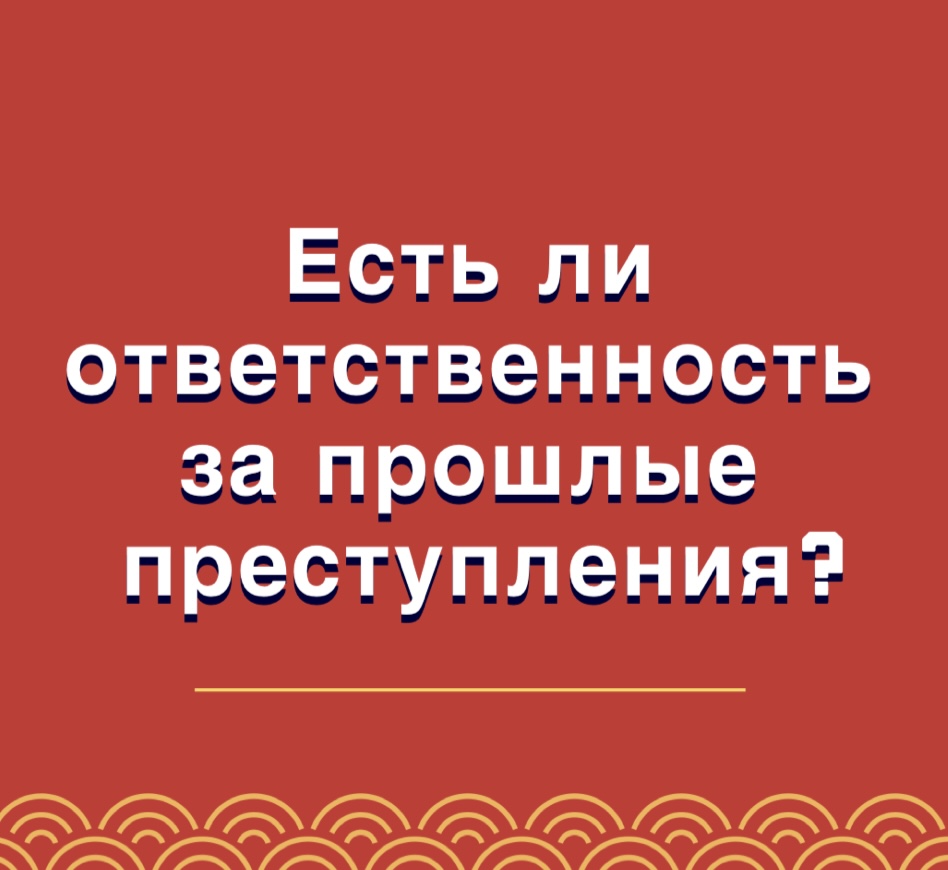
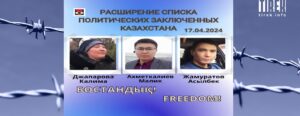
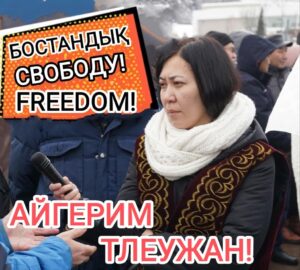
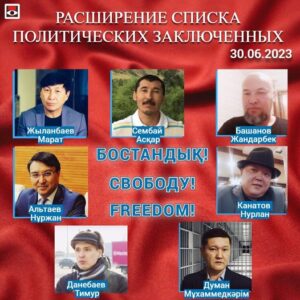
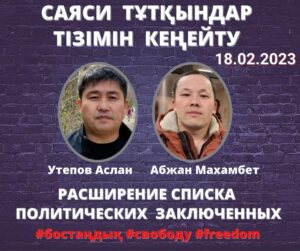
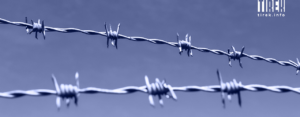
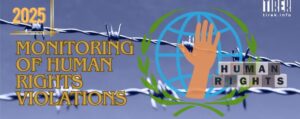
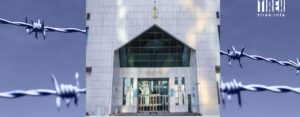
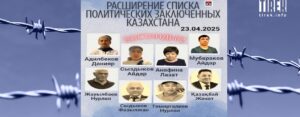
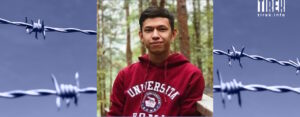
Для отправки комментария необходимо войти на сайт.